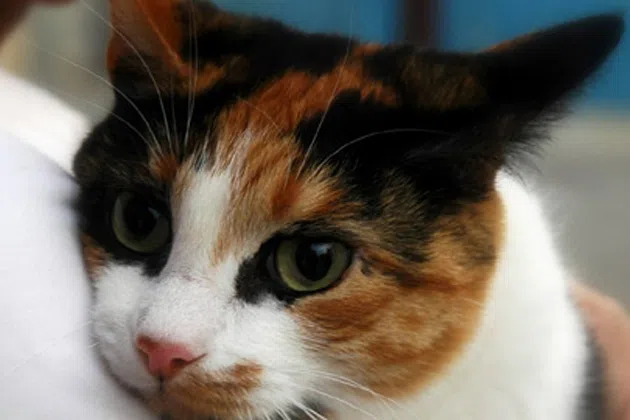
By Cole Lauterbach/Illinois Radio Network
SPRINGFIELD – An effort to keep more feral cats from being euthanized has humane societies and conservation foundations with their claws out.
Feral cats aren’t just ones that have run away but also ones that have become so wild that they are no longer able to be tamed. Currently, they’re caught by local animal control and eventually put down unless volunteers will pay to have them trapped, neutered or spayed, vaccinated and then released. The process is commonly called TNR.
A bill from state Sen. Linda Holmes, D-Aurora, allows money collected from tag fees and other similar revenues to go to organizations that use the TNR process.
She said this would simply give counties the option to use this money on a humane alternative to euthanasia and it actually reduces the population of these colonies by starving out reproductive cats. “By neutering them, they’re no longer reproducing but they’re still occupying that space so you’re not getting more cats in,” she said.
Rebekah DeHaven, senior attorney with Alley Cat Allies says TNR programs are becoming more popular and still work to lessen feral cat colonies. “This reduces calls of concern to animal control agencies so that they can spend limited resources on things like adoption,” she said. “This also saves taxpayer money because it’s more efficient [than euthanasia].”
But Steve Meister, former president of the Wildlife Foundation’s Illinois Chapter says TNR doesn’t effectively reduce these feral cat colonies. He says they kill so many birds and small animals that they will upset local ecosystems. “Feral cats kill more than 1 billion birds each year,” he said. “They’ll continue to kill birds and their population continues to decline.”
The bill is awaiting a House vote before it can be sent to Gov. Bruce Rauner.
The City of Chicago already has a TNR program and was exempt from the bill.




